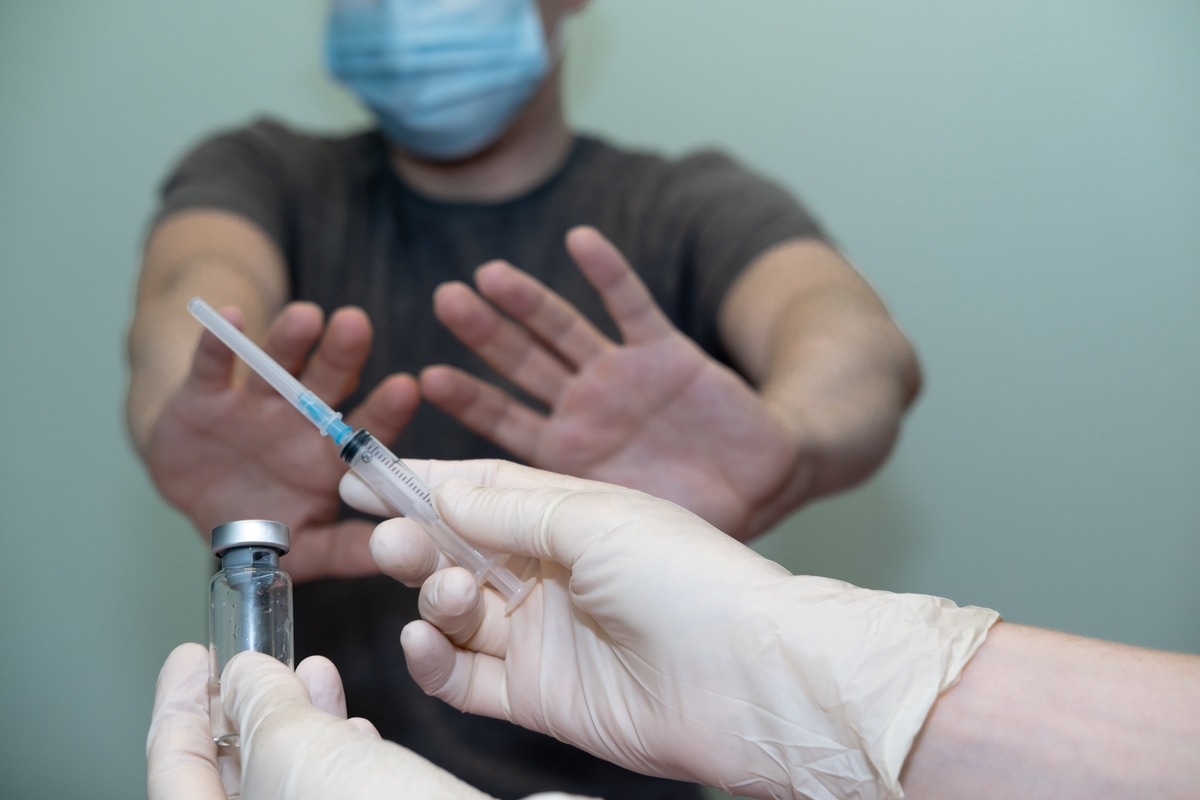Introduction
Health risks and psychology
Trust between doctor and patient is the key to effective treatment
How is trust established in healthcare?
References
Further reading
The issue of trust in healthcare has been relevant since ancient times. V. Veresaev spoke about this at the beginning of the 20th century in his book Notes of a Doctor, which made a lot of noise in the medical community.
In the preface to his book, he wrote,
Physicians carefully protect the public from everything that could shake their faith in healthcare. Either the truth can reduce faith in healthcare because, by its very nature, healthcare does not deserve such faith, in which case the truth is useful: nothing is more harmful, and nothing brings with it so many disappointments as an exaggerated belief in something.
Or, secondly, the truth can shake faith in doctors because it points to the removable, but not eliminated, dark sides of medical practice - in this case, the truth is necessary”
Health risks and psychology
One of the types of services containing a health risk for the client is medical services. The health risk is understood as a subjective assessment of the deterioration in the quality of life, complications, or death that may occur for objective and subjective reasons (severity of the disease, efficiency, and the possibility of providing assistance, etc.) when a client contacts a medical organization for service.
In psychology, trust is considered a condition for a person's connection with the world, and with other people; on the one hand, it is materialized by the process of real communication, finds its expression in communication, and on the other hand, it is formed in communication.
The phases of trust development are singled out, which are sequentially connected with each other but do not imply an automatic transition from one to another. The overall goal of our study (theoretical and empirical) is to identify the socio-psychological factors that affect the trust of the consumer of medical services in medical institutions.
 Image Credit: Lighthunter/Shutterstock
Image Credit: Lighthunter/Shutterstock
Trust between doctor and patient is the key to effective treatment
The most serious problem noted by most practitioners in recent times has been the decline in trust between the attending physician and the patient. Naturally, this situation is not conducive to making an accurate diagnosis and prescribing effective treatment, forcing patients to self-medicate and look for cheap medicines, which can cause even more harm.
to date, there are no strict rules for communication between a doctor and a patient, although in world practice doctors use the general principles of deontology (from the Greek Deon - due and logos - teaching), which is the professional ethics of medical workers. Mental comfort is the main criterion of deontology, which implies the prohibition of actions that can cause moral or physical harm to the patient.
 Image Credit: Anishka Rozhkova/Shutterstock
Image Credit: Anishka Rozhkova/Shutterstock
How is trust established in healthcare?
The patient's trust is determined by the professional status of the doctor, his age (the older one seems more experienced and knowledgeable), appearance, and the type of services provided by the doctor - paid or free (in the first case, trust is greater).
The manner of behavior also affects the emergence of the patient's confidence, it arises more easily if the doctor is calm and confident, but not arrogant, if he is quick, decisive, persistent and at the same time shows human participation and delicacy.
On the other hand, for example, if a patient hears how a medical worker speaks badly about his colleagues, sees how he treats his subordinates arrogantly and sycophantly to his superiors, or notices how he takes something from government inventory or food intended for patients for his own use, then the patient may observe a sense of vanity, inaccessibility to criticism, talkativeness, or gloating.
Vanity is manifested, for example, in the fact that the doctor does not ask for advice from a more experienced colleague or exaggerates the severity of the patient's illness to receive more recognition and admiration after his recovery.

 Read Next: Ethics in Pharmacy
Read Next: Ethics in Pharmacy
To establish a trusting relationship within a healthcare setting, the first impression that a patient has when meeting with a doctor is important - his facial expressions, gestures, voice, and appearance. If the patient sees an untidy doctor (e.g. unshaven and fatigued) then they may mistrust the doctor, and perceive them as someone that is not able to take care of themselves and be reliable to work.
One of the most important conditions for establishing mutual understanding between the doctor and the patient is a feeling of support. If the patient realizes that the doctor intends to help, not to force, then he will be more actively involved in the treatment process.
When a doctor shows understanding, a person is sure that his complaints have been heard. Respect implies recognition of the value of a person as a person.
This is especially important at the stages of collecting an anamnesis when the doctor gets acquainted with the circumstances of the patient's life. Empathy is an important point in establishing cooperation between the doctor and the patient.
Doctors need to be able to put themselves in the place of the patient and look at the world through their eyes. It is important to understand and consider the internal picture of the disease - everything that the patient experiences, and not only the local sensations but also the general well-being of the patient.
References
- Johns Hopkins Medicine. Patient Care: Tertiary Care Definition. Archived 2017-07-11 at the Wayback Machine. Retrieved 18 April 2022
- Reader, TW; Gillespie, A; Roberts, J (August 2014). "Patient Complaints in Healthcare Systems: A Systematic Review and Coding Taxonomy". BMJ Qual Saf.
- American Red Cross (1993). Foundations for Caregiving. St. Louis: Mosby Lifeline
- "Improve operational efficiency in healthcare with RPA". NuAIg. 2021-03-02. Retrieved 18 April 2022
- Christensen, L.R.; Grönvall, E. (2011). "Challenges and Opportunities for Collaborative Technologies for Home Care Work".
- Simmons J. (2011). “Primary Care Needs New Innovations to Meet Growing Demands.” Retrieved 18 April 2022
Further Reading
Last Updated: Jun 21, 2022